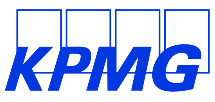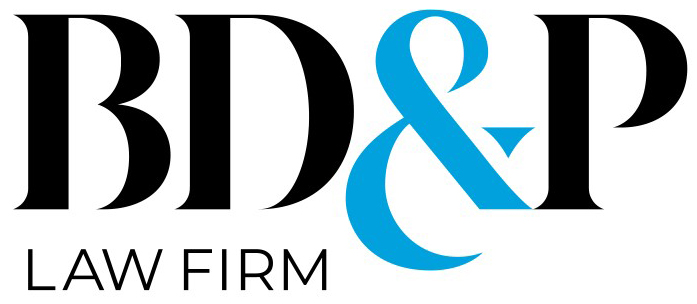In an ODR World, Is the Time Right to Switch to Multiple Shorter, Staggered Mediation Sessions?
by Frank Burke
July 2020
Most civil and commercial private mediators and ADR providers offer their clients a binary choice between a half day mediation and a full day mediation as a standard offering, often on a flat rate with one or two hours of prep time, a preliminary call with counsel and open ended follow up as part of the flat fee. Most such mediations are convened and organized to have all the parties and counsel arrive at the same time. Since the onset of the pandemic and the various shut down orders, the use of online dispute resolution has increased exponentially, usually conducted through videoconferencing using Zoom and similar platforms.
This broad use of videoconferencing around the world has lead to a phenomenon referred to as Zoom fatigue (see https://ideas.ted.com/zoom-fatigue-is-real-heres-why-video-calls-are-so-draining/). Psychologists attribute this fatigue to the higher levels of concentration caused by staring at a computer screen for long periods, often looking at multiple images of participants on the screen, leading to eye strain and sensory overload. All of this is exacerbated in mediation, given the emotions caused by conflict and the high levels of interactivity between the mediator and the parties as they move through trust building into often difficult conversations to bridge the gaps between parties. Given the medium, mediators must also be thinking about eye contact and reading facial expressions, which is second nature in a face to face conversation but which takes effort in a videoconference. Exhausted mediators and parties cannot do their best work. Good, durable settlements and settlement agreements require careful attention.
Psychologists suggest several remedies for Zoom fatigue, first and foremost shortening the videoconferences to two-hour or less segments followed by breaks. Since, by definition, videoconference participants are not in the same location, there is no reason for all parties to join a conference call at the same time only to be sitting by themselves for long periods while the mediator communicates privately with other parties.
I have discussed these issues with Colin Rule, Jim Melamed and Dr. Clare Fowler in their Mediating Online course and with Tamara Lange, ADR Director for the United States District Court for the Northern District of California. Based on these conversations and my own experience, I believe it is time to start a conversation about whether shorter, staggered sessions ought to be considered a best practice when mediating civil and commercial cases via videoconference. In my own practice I plan to offer flexible alternatives to the current mediation format along with guidance about the benefits of an alternative structure.
For a four-hour mediation session, for example, this alternative might include staggered 1-hour meetings with the parties on the first day, and a two-hour session with all parties present, either in joint session or separate caucuses, on the second day. For an 8-hour mediation session, the alternative might include staggered two-hour sessions with the parties on the first day, followed by 2 two-hour sessions with all parties, separated by a break, either in joint session or separate caucuses.
Creative minds may suggest other possibilities. Family law mediators have already moved in the direction of shorter sessions over multiple days. Civil and commercial mediators should follow their lead. My aim is to start a conversation, so I invite your thoughts. Have you moved to a staggered meeting format for Zoom mediations? What are your experiences? The time is right for us to gather input and distill new best practices.
Biography
Frank Burke is a full time neutral and handles mediation and arbitration matters on Zoom and in offices in San Francisco, San Jose and Oakland. He focuses on business, commercial, real estate, technology, trade secrets, patents, corporate governance, employment and personal injury matters.
He applies his 42 years of experience as a business trial lawyer in national law firms having handled a diverse range of business disputes involving varied business sectors in federal and state courts and administrative agencies in 26 states, China and Canada. His website is www.burkemediation.com and he blogs on mediation strategy and advocacy topics at www.adrconflictstrategies.com . He is a 1972 graduate of Cornell University (Magna Cum Laude in Economics) and a 1975 graduate of Harvard Law School












